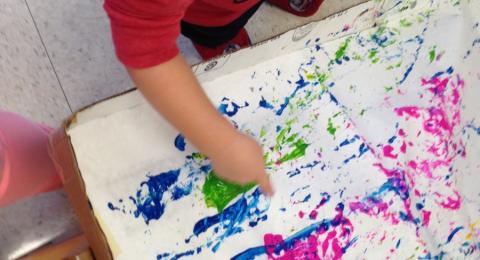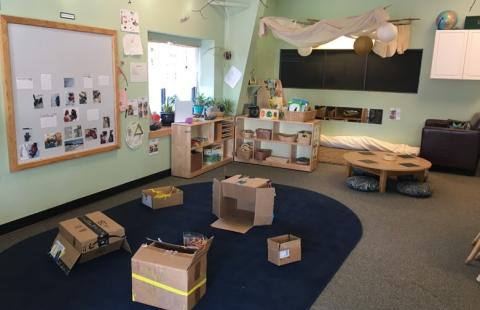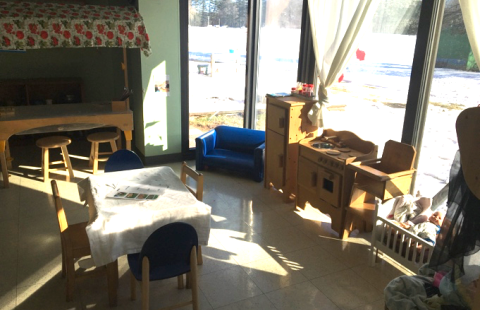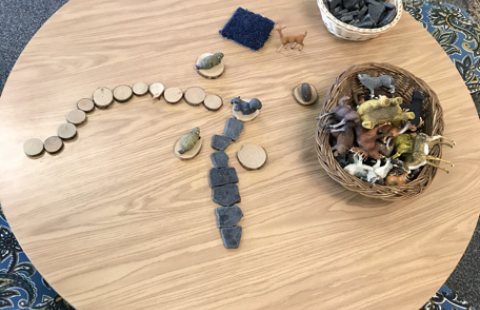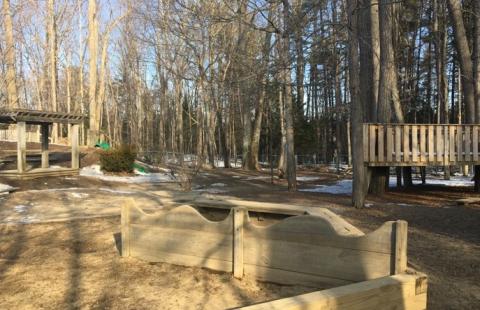16 children (3-5 years old turning 3 by 9/30), with 3 full-time teachers and several student interns per day, meeting Tuesday and Thursday 9am - 4pm.
Multi-Age Program (MAP) 2 - Classroom Family Packet
A Classroom Family Packet will be sent to you in August, containing information from your child’s teachers about the philosophy, schedule, curriculum, and classroom practices of the classroom that builds on to the CSDC Family Handbook.
Classroom Teachers
MAP Program Schedules: Please note that this schedule is fluid and flexible as we observe the needs and interests of the children.
Daily Schedule
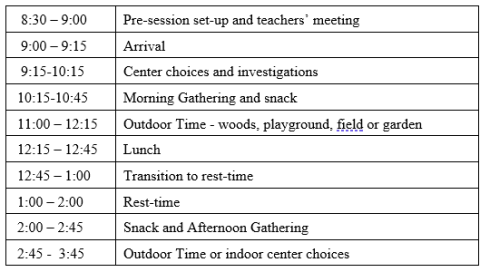
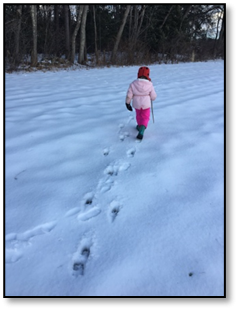
Approach to Curriculum Development
One of the greatest gifts we can give our children is the empowerment to create a life they love, filled with purposeful, enjoyable work, and relationships they hold dear.”-Sarah L. Cook.
When children are empowered throughout their early years, they view themselves as valuable members of the family and school communities. Empowering children in appropriate situations highlights their abilities and the way they experience big emotions.
As stated in the CSDC Curriculum Philosophy, children will:
-
Solve meaningful and challenging problems
- Be a respectful and competent friend, community-member, and citizen
- Develop curiosity, a sense of wonder, and a lifelong love of learning
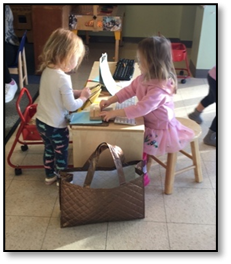
|

|
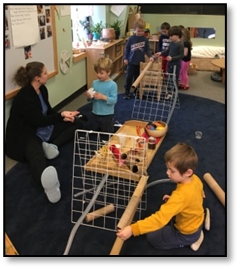
|
In addition to traditional content areas (math, science, literacy, etc.), we believe that children need to have a strong sense of self. In order to access future curriculum and be lifelong learners, children must first be able to identify who they are and how they fit into their community. This includes:
- Metacognition
- Observational skills
- Considering other possibilities
- Secure relationships
- Executive function
- Challenging and inviting environments
- Nurturing children's curiosities
- Independent exploration
- Revisiting experiences
- Long term exposure & project approach
Emergent Curriculum
Utilizing observations of children's interactions with materials and peers to guide curriculum development in the classroom.
- Time and space
- Questioning
- Scaffolding
- Agency
- Following child's lead
- Authentic experiences and materials
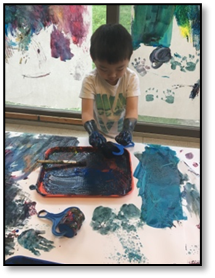
|
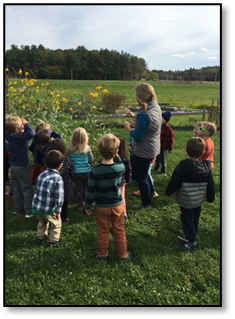
|
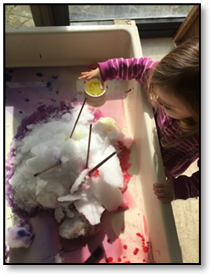
|
Socio-Constructivism in Practice
- Children learn and deepen understanding through social interactions.
- Teachers foster these relationships through ongoing modeling and referring children to their peers for support.
- Children advocate for own learning
- Trusting relationships between teachers and children

|
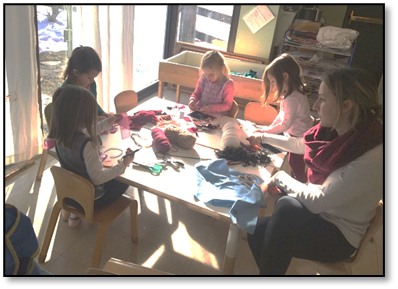
|
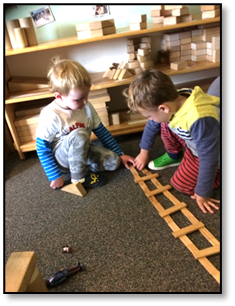
|
